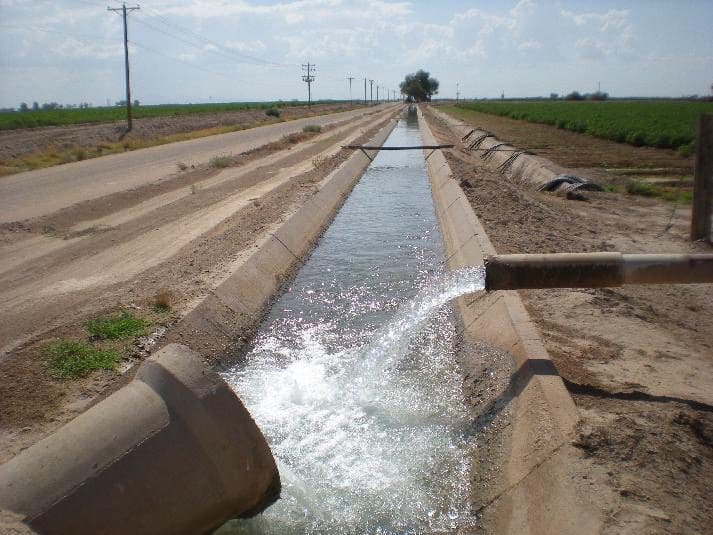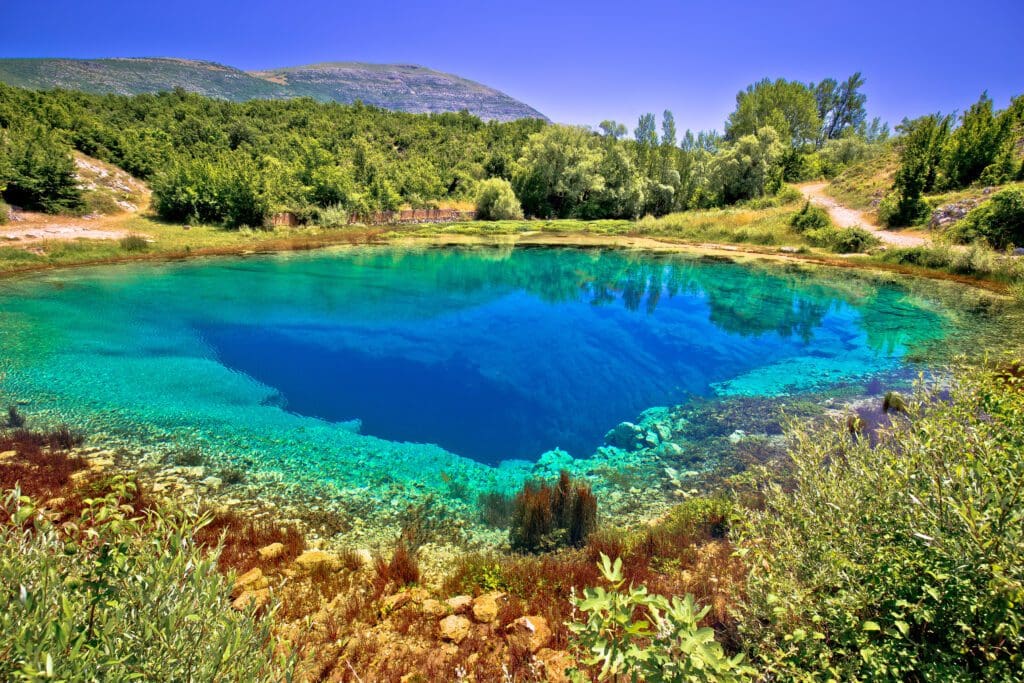Understanding Type 2 Non-Irrigation Water Rights and Their Conveyance
Type 2 non-irrigation water rights play a significant role. Among the various types of water rights, This blog post delves into what these rights entail, how they can be conveyed, and the specifics of A.R.S. 45-474, the Arizona Revised Statute that governs the transfer of these rights.
What are Type 2 Non-Irrigation Water Rights?
In Arizona, water rights are categorized based on their usage. Type 2 non-irrigation water rights are specific to non-agricultural uses, such as industrial, commercial, or residential purposes. These rights are allocated based on historic use and are typically associated with land that has a history of non-irrigation water use. A Type 2 right is not tied to the land; the certificate is the only way to determine ownership.
Characteristics of Type 2 Non-Irrigation Water Rights
- Historical Use: These rights are established based on the historical use of groundwater for non-irrigation purposes. This means that the volume of water allocated is determined by the amount used historically by the right holder.
- Flexibility: Unlike irrigation rights, Type 2 rights are not tied to a specific parcel of land. This flexibility makes them valuable, as they can be leased or sold independently of the land.
- Transferability: These rights can be transferred between parties, making them a tradable commodity within the regulatory framework established by the Arizona Department of Water Resources (ADWR).
Conveyance of Type 2 Non-Irrigation Water Rights: A.R.S. 45-474
The conveyance, or transfer, of Type 2 non-irrigation water rights is governed by A.R.S. 45-474. This statute outlines the procedures and requirements for legally transferring these rights from one party to another. Here are the key provisions:
Application Process
- Filing an Application: The process begins with the filing of an application with the ADWR. Both the seller (current right holder) and the buyer (new right holder) must be involved in this application.
- Details Required: The application must include detailed information about the water right, such as the certificate number, the amount of water historically used, and the intended use by the new right holder.
Review and Approval
- ADWR Review: Upon receiving the application, the ADWR reviews it to ensure compliance with all regulatory requirements. This includes verifying the historical use and ensuring that the transfer will not adversely impact other water users.
- Public Notice: In some cases, the ADWR may require a public notice of the proposed transfer. This allows other stakeholders an opportunity to raise any concerns or objections.
- Approval: If the application meets all requirements and no valid objections are raised, the ADWR approves the transfer. The new right holder then receives a revised certificate of water right.

Conditions and Restrictions
- Beneficial Use: The new right holder must demonstrate that the water will be put to a beneficial use. This means the water must be used for legitimate non-irrigation purposes as defined by Arizona law.
- Consistency with Management Plans: The transfer must be consistent with the management plans of the Active Management Area (AMA) where the water right is located. AMAs are designated areas with specific water management goals to ensure sustainable water use.
- No Injury Rule: The transfer must not cause harm or “injury” to other existing water rights. This is to ensure that the transfer does not negatively affect the water supply for other users in the area.
Conclusion
Type 2 non-irrigation water rights are a vital component of Arizona’s water management strategy, providing flexibility and tradability for non-agricultural water use. The conveyance of these rights, governed by A.R.S. 45-474, involves a detailed process to ensure that transfers are conducted legally and sustainably. Understanding this process is crucial for anyone involved in buying or selling these valuable water rights.
By adhering to the guidelines set forth in A.R.S. 45-474, stakeholders can ensure that their transactions are compliant with state laws, thereby contributing to the efficient and equitable management of Arizona’s water resources.
If you are interested in purchasing a Type 2 non-irrigation water right then contact attorney Clint Dunaway at 480-702-1608 or message us HERE.
The Dunaway Law Group provides this information as a service to clients and other friends for educational purposes only. It should not be construed or relied on as legal advice and does not create a lawyer-client or attorney-prospective client relationship. The law changes quickly and varies from jurisdiction to jurisdiction. As such, readers should not act upon this information without seeking advice from professional advisers. Additionally, this Firm limits its practice to the states of Arizona and New York.

